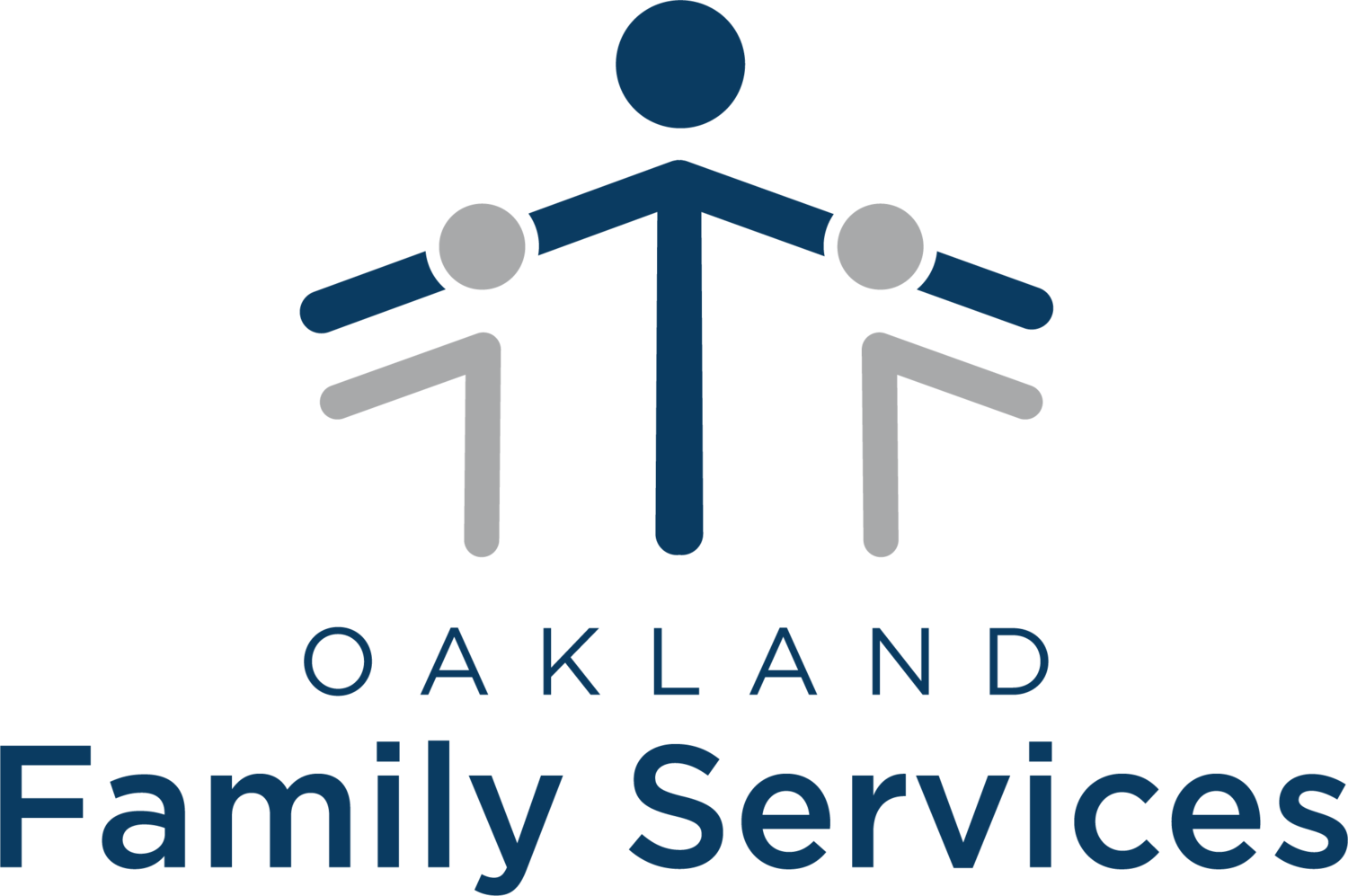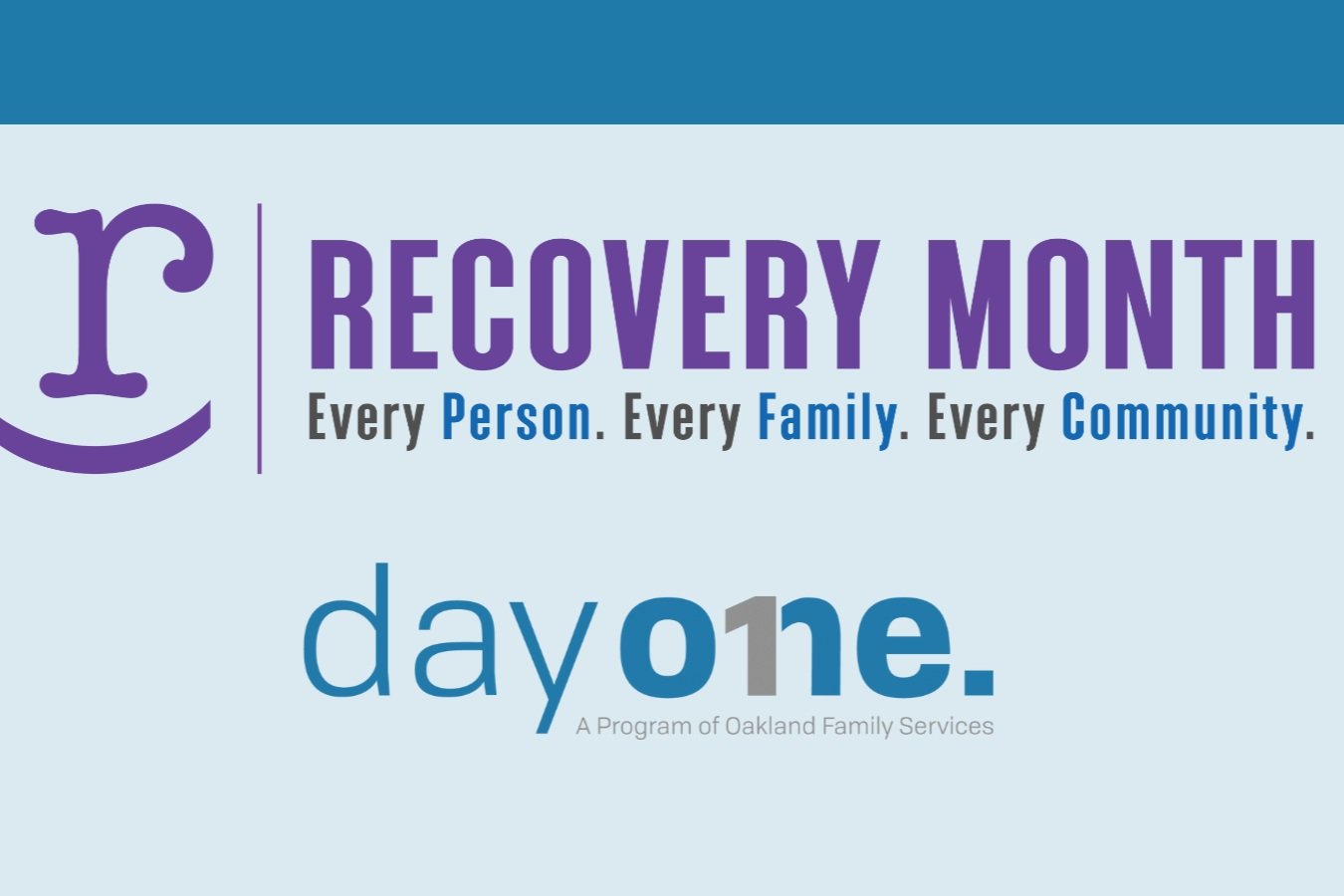Michiganders experience anxiety amid changing coronavirus recommendations
Anxiety is running high as Michiganders adjust to changing COVID-19 work and face mask regulations.
Andrea Orsini, director of Oakland Family Services’ Day One mental health program, recently spoke with WWJ Newsradio 950 and WDET 101.9FM’s CultureShift to help take the pulse on how people are feeling and share ways to cope with concerns about returning to in-person work and socialization.
Callers to CultureShift expressed concerns about changes in their workplaces, social anxieties after more than a year of isolation and social norms regarding face masks.
“For those of us who have really adhered to [coronavirus regulations] and listened to the science and followed all the rules, per se, [loosening of regulations] is really a bit anxiety provoking,” Orsini said.
Although people who are fully vaccinated are no longer required to wear masks in most indoor or outdoors settings according to the Centers for Disease Control and Prevention and Michigan Department of Health and Human Services guidelines, some still feel anxious about taking off the “security blanket” they have relied on for the past year. Others are ready to shed their masks but are worried about whether it is socially acceptable.
“I’m fully vaccinated, and I know a lot of people are, but the mask is sort of my blanky, if you will,” said Ryan Patrick Hooper, host of CultureShift. “It’s my comfort thing. I’m not ready to give it up, even though I feel pretty safe out in the world.”
For those who have been working from home, going back to work in person can be nerve-wracking and have some unforeseen effects.
“I had forgotten how taxing interaction with other people can be,” said one caller from Pontiac. “For the first three weeks I was coming home like, ‘Why am I so tired?’ I was taking naps. I’m not a nap person, and then I realized, I was tired from talking to people all day and interacting, and that’s just a totally new thing for me.”
Many people have enjoyed working from home and may be reluctant to return to the office. Orsini pointed out that there are many benefits of being back in the workplace either full time or in a hybrid model, like many companies are adopting. For example, over the past 15 months, many employees have missed out on opportunities for collaborative learning and brainstorming, and relationship-building with coworkers, clients and the community. Some have also missed the physical and mental separation between their work and home life.
“The other bonus of returning to the work space is, at the end of the day, you get to shut that off,” Orsini said. “And you get to go home, and you can spend some time enjoying the things that fill you back up, that give you energy. Whether it’s meeting a friend for dinner, whether it’s playing with your kids, whether it’s going to the gym, whatever it is that kind of restores your energy. That being able to go to work and then come back home really sort of forces you to be a little bit more mindful of maintaining a good work-life balance.”
Some people are not ready to dive right back into “normal,” and that’s OK, Orsini said.
“We need to give ourselves a little bit of grace, and say to ourselves, we have to ease into this process,” she said. “It’s not an all or nothing right away. Typically, when we make a change like that, it is very anxiety-provoking. It’s easier for a lot of folks to just sort of take baby steps into this transition.”
While some anxiety is to be expected after the events of the past 15 months, if your anxiety is causing disruption to your relationships, work or personal life, it may be time to seek help. Some symptoms to watch out for include racing thoughts, rapid heart rate, trouble sleeping, issues concentrating and physical illness or pain that has no other underlying cause.
Our Day One counselors can help you work through anxiety, depression, substance use issues and other mental health concerns. We are currently offering online appointments and face-to-face appointments based on client need. Day One accepts most private insurances, as well as Medicare, Medicaid, Medicaid HMOs and Healthy MI.
Call (248) 858-7766 or fill out the form at www.oaklandfamilyservices.org/dayoneishere to get started.






























